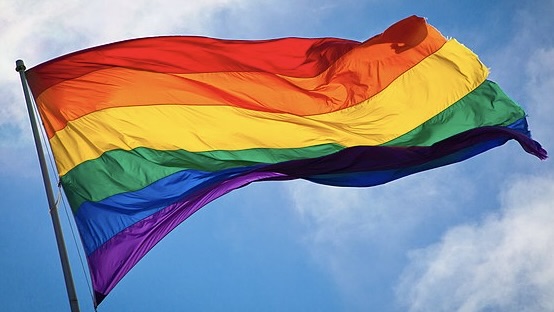Ugandan lawmaker to ‘introduce new anti-LGBTQ legislation’
"It is also true that there are human wrongs. I want to submit ... that homosexuality is a human wrong."

A lawmaker in Uganda has introduced draft legislation seeking to ban homosexuality.
The bill is said to punish “promotion, recruitment and funding” related to LGBTQ activities, The Washington Post reports.
The legislator, Asuman Basalirwa, proposed the bill in Uganda’s capital Kampala parliamentary chamber on Tuesday (28 February). Most lawmakers supported the legislation.
Exact details of the proposed bill are not yet publicly available. However, Basalirwa spoke of homosexuality as “a cancer,” so one can assume the details won’t be pleasant.
“In this country, or in this world, we talk about human rights,” he said. “But it is also true that there are human wrongs. I want to submit … that homosexuality is a human wrong.”
Homosexuality is criminalised in more than 30 of Africa’s 54 countries.
In Uganda, same-sex relations are criminalised under a colonial-era penal code. An attempt to harshen anti-gay legislation, which included the death penalty, was struck down in 2014.
However, now, the widespread voicing of anti-gay sentiment proves cause for concern.
“You are either with us or you’re with the Western world,” Parliamentary speaker Anita Among said, announcing the bill will be assessed by a parliamentary committee.
“A new law would mean more harassment and discrimination against people who are already vulnerable”
“We should be counted, and we are going to vote by show of hands on this matter,” she added.
According to an audio clip obtained by AFP, France24 reports Among announced on Tuesday: “tomorrow we are going to bring a bill for anti-homosexuality.”
“We want to appreciate our promoters of homosexuality for the socio-economic development they have brought to the country… but we do not appreciate the morals they are killing.”
Frank Mugisha, executive director of gay rights organisation Sexual Minorities Uganda, told the outlet the community is “living in fear.”
“A new law would mean more harassment and discrimination against people who are already vulnerable,” Mugisha also added.
